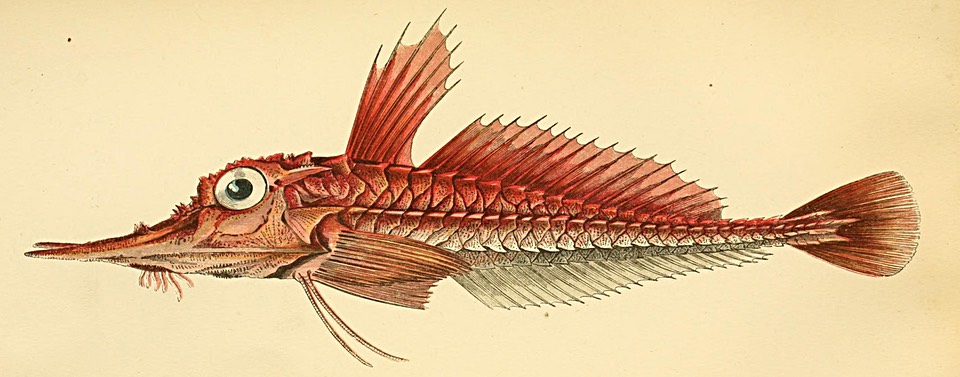
Podcast: Play in new window | Download (Duration: 20:35 — 18.9MB)
Subscribe: Google Podcasts | Spotify | Android | RSS | More

This is the third in a little mini-series on taste. First came Margot Finn discussing disputations about taste and then Chad Ludington explained how you are what you drink. Now they’re both back, along with a snippet from a long-ago episode with sommelier Marco Lori to round out the discussion. I can’t guarantee that I won’t return to the subject again in the future, not least because I find it endlessly fascinating.
The challenge, I think, is disentangling aspects of gustatory taste that are common to all human beings from those that are overlaid — or do I mean underpinned? — by personal experience or cultural context. So when we say sweet is pleasurable and bitter aversive, what does it mean to say that an adult has a sweet tooth? I freely admit to having a bit of a sweet tooth myself, but I also revel in bitter tastes. How did that happen?
Another puzzle is the memory of complex flavours and how we analyse, process, store and recall the memory. I’ve never put much effort into being able to discriminate among similar but different tastes; I can just about recognise certain wines, for example, but am in awe of people who can discern a particular maker or, even more so, a vintage. So I’m intrigued by Chad Ludington’s thought experiment, that a bunch of randomly selected people would, over time, converge on liking the same few examples of a particular food. Would they? I’d love to see the experiment tried.
Our conversation sent me back to consider some things I first read back in 2011, on the website of Seth Roberts. He was an extremely interesting psychologist and writer who was a great one for self-experimentation. Seth wrote that side-by-side comparisons provided the best opportunity to learn about differences and resulted in an almost instant connoisseurship, which he called the Willats Effect after a friend who pointed it out to him. And, as Seth explained, there’s a downside to this:
Five or six years ago I went to a sake-tasting event in San Francisco called “The Joy of Sake”. About 140 sakes. In a few hours I became such a sake connoisseur that the sake I could afford — and used to buy regularly — I now despised. The only sake I now liked was so expensive ($80/bottle) that I never bought another bottle of sake.
Starting with The Willat Effect: Side-by-Side Comparisons Create Connoisseurs and following the links from there you’ll see that although the results are sometimes confounded, it does seem to be the case that side-by-side comparisons very effectively show you what you like.
I’m ready to try that with chocolate. Or bitter liqueurs. You know where to find me.
Notes
- Food Fights, the book that prompted this mini-series, is published by University of North Carolina Press.
- Chad Ludington teaches history at North Carolina State University.
- S. Margot Finn is “inconsistently” on Twitter.
- Marco Lori’s website is Off the Vine
- Banner photo from the Biodiversity Heritage Library. Those barbels around its mouth are where it keeps its taste buds. Cover photo by Anne on Flickr. Twitter photo by Jason Lam from Flickr

https://media.blubrry.com/eatthispodcast/mange-tout.s3.amazonaws.com/2022/philosophy.mp3Podcast: Play in new window | Download (Duration: 31:00 — 28.5MB)Subscribe: Google Podcasts | Android | RSS | More
David Kaplan calls himself a taste realist. That means he really does think that there’s something there, in food or drink, that enables us to agree on what it tastes like, if only we have the vocabulary. Kaplan is professor of philosophy at the University of North Texas, and aesthetics is only one of the areas of philosophy that he applies specifically to food in his book Food Philosophy: An Introduction. We talked about all of them in this episode.
Notes
Food Philosophy: An Introduction is published by Columbia University Press. David Kaplan directs The Philosophy of Food Project, which contains many more resources at its website.
In case you missed them, here’s a little mini-series I did on taste:
Disputations about taste
You are what you drink
Questions of Taste
In case you were wondering (I was, but I didn’t want to lose the thread) the Mount Rushmore of Existentialists would be Kierkegaard, Nietzsche, Heideger and Sartre.
Here’s the transcript.
Huffduff it
Latest episode continues the discussion of taste.
eatthispodcast.com/taste/
Latest episode continues the discussion of taste.
eatthispodcast.com/taste/